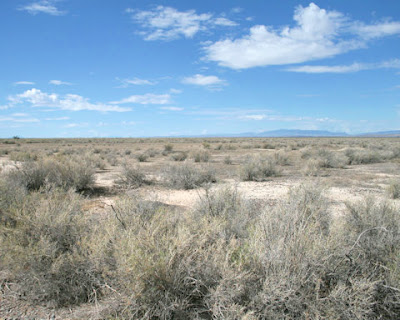I’m
currently working on a story that takes place in the Pullman neighborhood of
Chicago during the 1894 Pullman strike. I found a number of images online, but
since I live in the Chicago area, I decided to take a field trip and check it
out for myself.
The
Pullman factory is no longer there, although some of the buildings remain. More
importantly, though, the residential parts are much as they were then. I can
look at old photographs, and I did, but they didn’t give me the sense of place
I received from walking the same streets my protagonists did and taking in some
of the same sights they saw every day. Unfortunately, the feeling will
eventually fade, so I try to keep it alive as long as possible through my own
photographs.
Here are some I took while
walking around the neighborhood. The one at the beginning of this post shows the
wide, tree-lined streets, which were a drawing point back then as they are now.
The next one shows the type of skilled workers duplex that my protagonists live
in. The rest show, in order, the Greenstone Church my protagonists attend, part
of the old Pullman factory, and the Pullman Hotel.
Fortunately, Pullman is a historic neighborhood and much of it has been preserved and/or restored. The same isn’t true of the Topaz War Relocation Center.
Topaz was dismantled and
the buildings sold off after the war, and the last two photos show what it
looked like when I visited on a research trip in 2014. Even though the camp
itself was gone, being there reinforced the photos taken during the war and emphasized
the sense of isolation and desolation the 8,000 inhabitants must have felt.
So if you have the opportunity to go on location to research your story, be sure to take a camera along.
















No comments:
Post a Comment